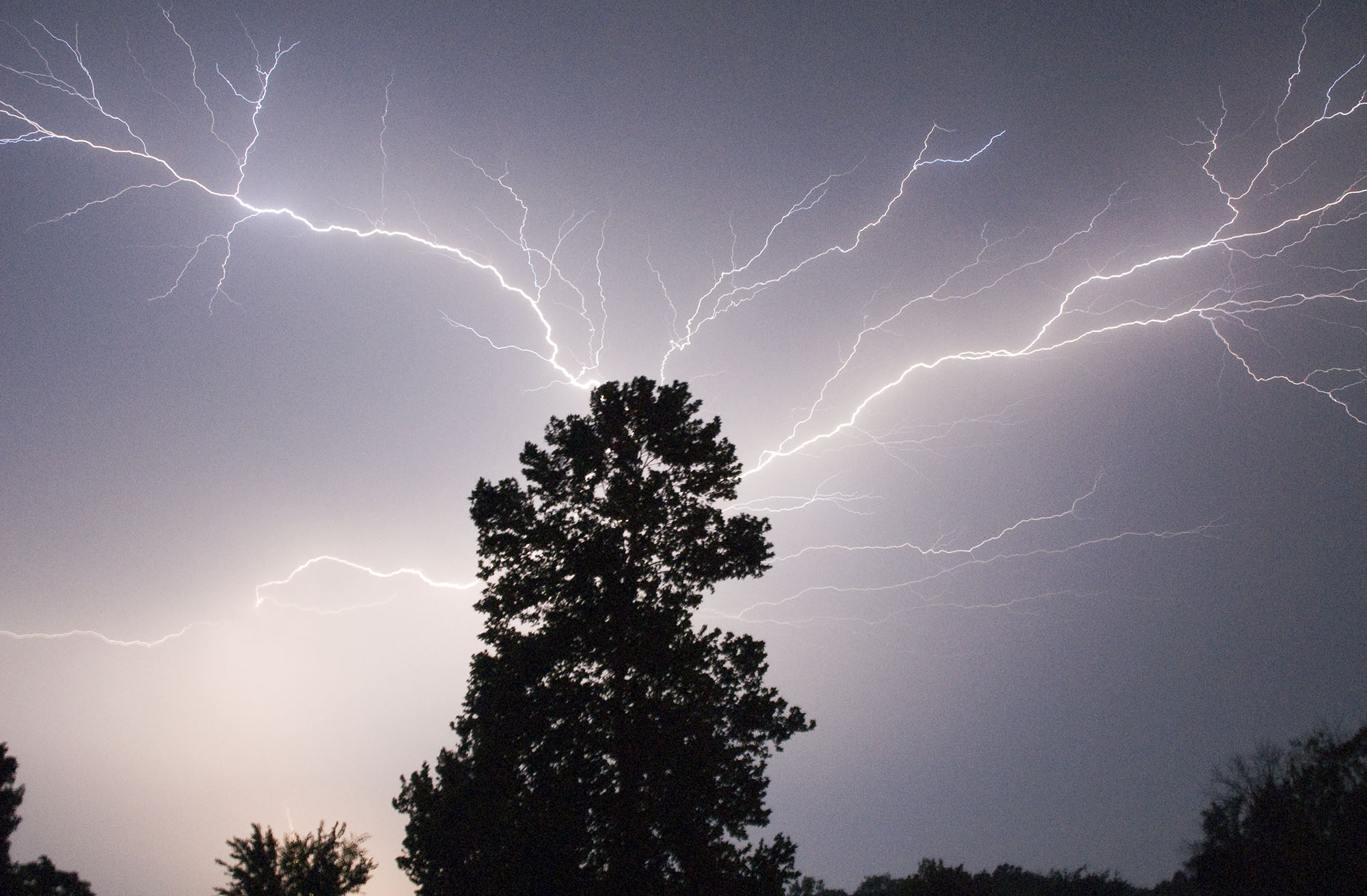There has been a lot of conjecture about what it means to have a post-Roe world. Can states make it illegal for women to travel to other states for an abortion? Can we talk about abortion services on the internet? Can abortion counselors work in anti-choice states?
Alito pretends that the issue of abortion is over and done; SCOTUS has figuratively wiped its hands and walked away. However, as he must have known, rather than settling law, Dobbs triggered chaos.
I went searching for writings on a post-Roe world and discovered an excellent paper by Harvard Law’s Richard Fallon Jr. The paper is titled “If Roe Were Overruled: Abortion and the Constitution in a Post-Roe World“. It’s freely available (no paywall). And it was published in 2007, 15 years before today’s turmoil.
The professor touches on all of the topics I opened with, and more. He asked the same questions we’re asking, and then provides enough explanation of the law for us to come away knowing there are no simple answers to any of them.
For instance, Kavanaugh seeks to reassure us that women will still have freedom to travel to other states to get the abortions they seek.
May a state bar a resident of that state from traveling to another state to obtain an abortion?” he wrote in a concurring opinion. “In my view, the answer is no based on the constitutional right to interstate travel.
However, as Professor Fallon carefully details, the pregnant individual may be able to travel to another state, but abortion providers in that state may not be able to provide the healthcare they need. And that’s the kicker: can a state forbid an abortion provider in another state from providing a service to the anti-choice state’s citizen?
In substance and effect, the Court would need to weigh one state’s interests in protecting fetal life against another state’s interests in making abortion within its territory a matter of individual conscience, and it would need to do so while, at the same time, taking account of the implications of national citizenship. So much for the idea that the overruling of Roe v. Wade would remove hard decisions about abortion regulation from the judicial province.
Not just interstate travel: could states punish a citizen for getting an abortion in another country? Could the people who assisted the person be criminally charged? Civilly sued? That trip to California or Canada may not be as straightforward as you think.
Frankly, Kavanaugh’s assurances on the freedom of interstate travel are just as duplicitous as his assurances about support for precedents.
I don’t think I understood until this week how much our freedoms, our rights, the very existence of our country and government, now seem to exist solely on the sufferance of the Supreme Court.
We only need to turn to the last page and the last paragraph of Professor Fallon’s work to see a summary of the post-Roe world we now live in (I added the emphasis):
As I have emphasized repeatedly, my aim is not to judge whether Roe v. Wade should be overruled. But when contemplating the possible eradication of that jurisprudential landmark, we ought to have a clear-eyed view of the constitutional consequences. If Roe were to go, it would not go gently. Instead, its departure would roil the waters of constitutional law and surrounding politics and churn up a host of new controversies. No matter how much the Supreme Court might wish to extricate itself from abortion debates, it could not imaginably do so.

